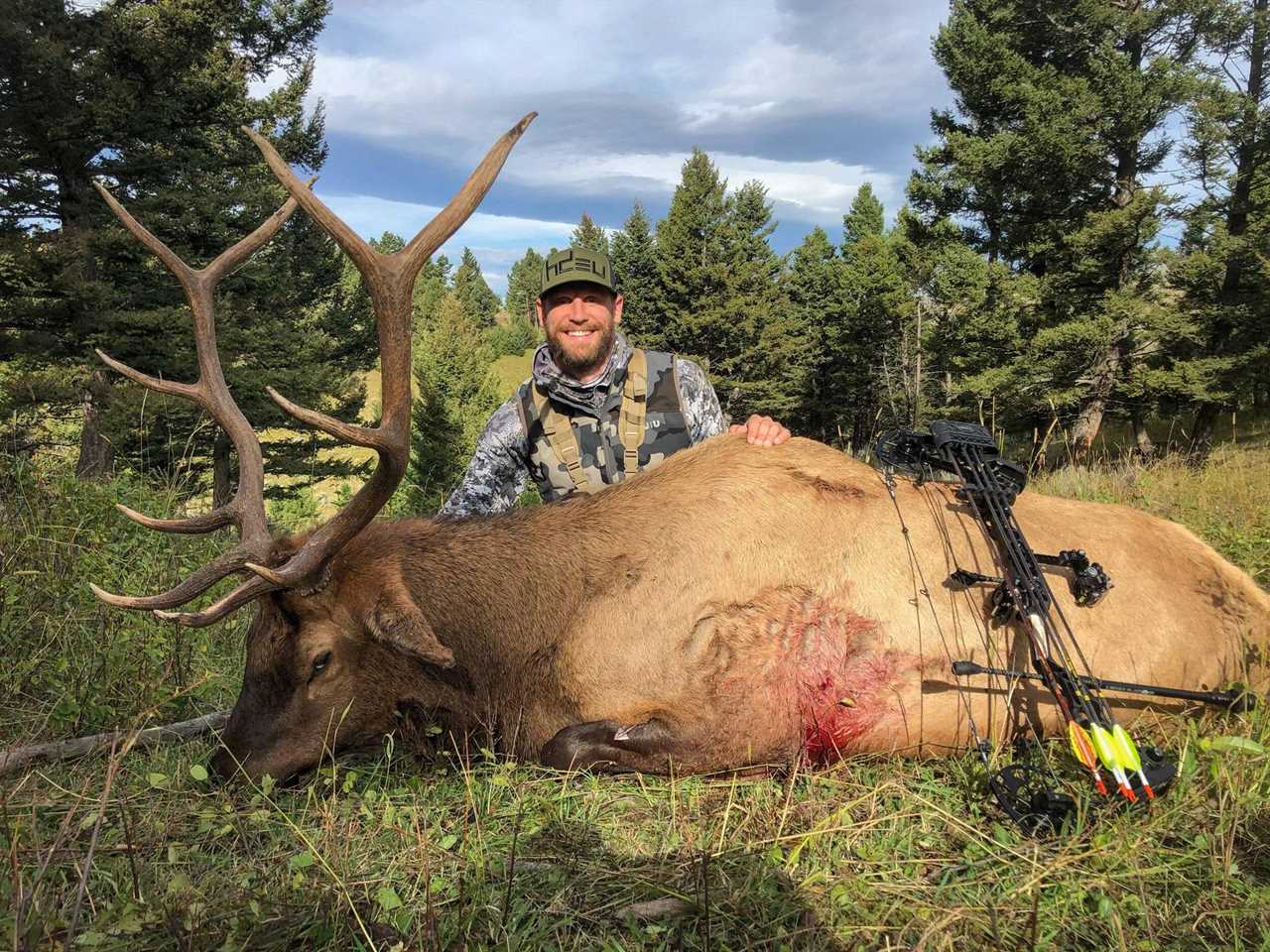
What Is Big Game Hunting?
It is not entirely clear when human hunters first began hunting big game for food. Some believe it originated with Homo sapiens, but other great apes have also hunted and eaten their own species. Evidence of an active hunt is available from the early 21st century, when researchers discovered the presence of Schoningen spears, which are the first obvious proof of a complex technological ability 300,000 years ago. The first known ape known to hunt was a member of the genus H. heidelbergensis. This ape had cognitive abilities that modern man possesses, which was not surprising.
The first step in successful big-game hunting is spotting an animal. There are many spots to do this, and most hunters will want to stay close to the animal to avoid being seen. Aiming for the animal's vital organs (located behind the front legs) is a good place to make a 90% kill. Support your rifle on the butt adjacent to your shoulder while you're standing and squeeze the trigger slowly. If the animal begins to move or moves, be prepared to fire another shot. Once you've mastered the art of spotting a large animal, big-game hunting can be fun and rewarding.
Big game hunters usually target large herd animals. These animals are dangerous to humans and often live in secluded locations. Some of the best places to hunt for big game include Africa and the southern United States. Antelopes are considered full-blooded big game, and can weigh as much as 1000 kilograms. The majority of the time, hunting for antelopes takes place on hunting farms, so there are plenty of opportunities to bag a trophy.
Legal big-game hunting can be challenging and expensive. A government-sanctioned hunt in a specific region is the only way to ensure ethical and legal hunting. Despite the risks, big game hunters should be aware of the risks involved. Some people may consider the rewards worth the sacrifice. For most, big-game hunting is not a recreational activity, but a lifelong hobby. There are a lot of benefits.
For many people, big-game hunting is an essential part of their lives. The sport is also a way to save the environment. It has become a tradition for many humans to hunt large-game animals. It is an exciting activity that has positive effects on wildlife and the environment. Those who pursue it are making the world a better place for everyone. The economic benefit is enormous, as well as the ethical and social impact. It is important to make sure that the hunting experience is fun.
Big game hunting is very popular in Africa. In contrast to U.S. hunting, big game hunters in Africa can bring their families with them on safaris, and professional hunters are also welcome to take guests. The fees for the trips are high, but tourists must be aware of the risks associated with these trips. A safari is a unique and exciting experience for those who love adventure. This is a great opportunity to learn about the different African culture and to hunt wild animals.
 CampingSurvivalistHuntingFishingExploringHikingPrivacy PolicyTerms And Conditions
CampingSurvivalistHuntingFishingExploringHikingPrivacy PolicyTerms And Conditions
